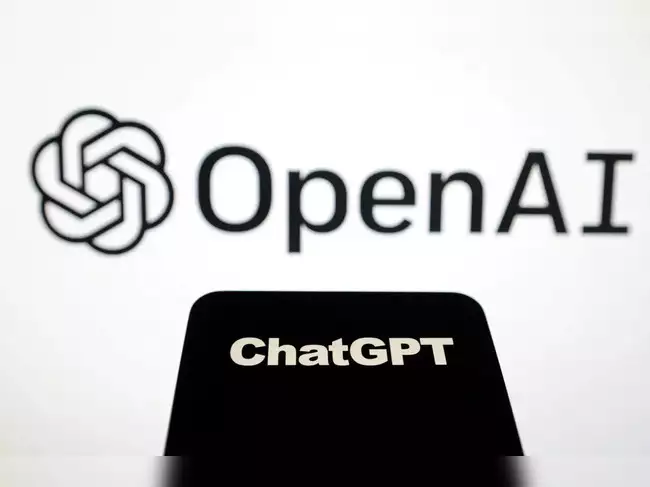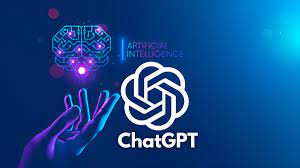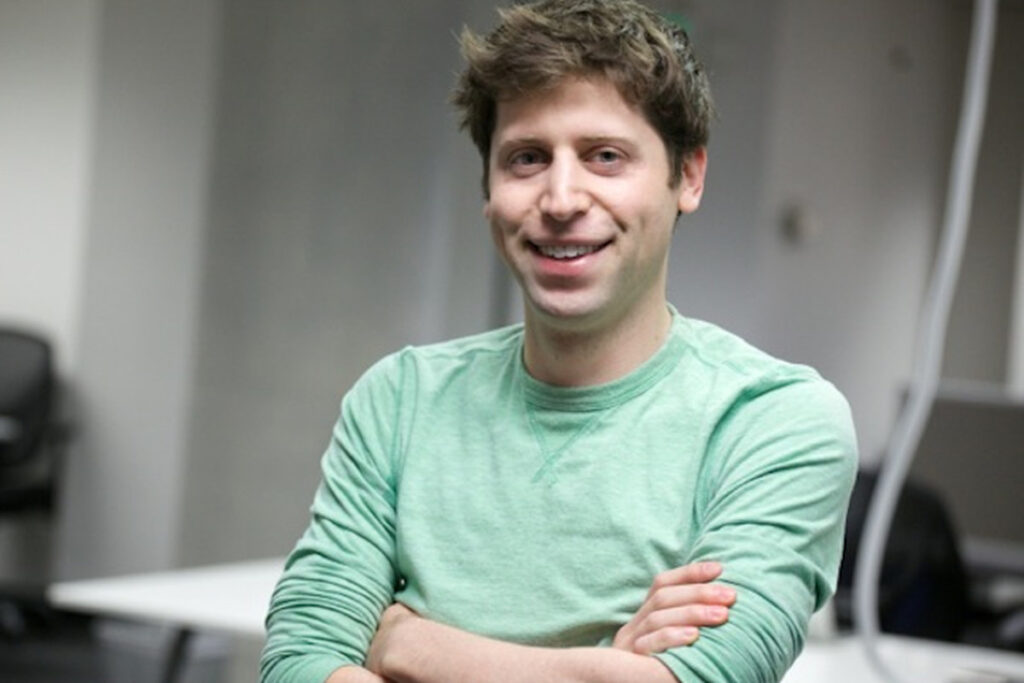The recipient of Japan’s highly esteemed literary accolade has openly acknowledged that approximately “five percent” of her futuristic novel was composed with the assistance of ChatGPT, recognizing the role of generative AI in unleashing her creative potential.
Since the introduction of ChatGPT in 2022, a user-friendly AI chatbot capable of instantly generating essays upon request, concerns have been mounting regarding its potential repercussions across various sectors, including the realm of literature.
Receiving praise from a judge who described it as “almost flawless” and “universally enjoyable,” Rie Kudan’s most recent novel, “Tokyo-to Dojo-to” (“Sympathy Tower Tokyo”), secured the prestigious biannual Akutagawa Prize on Wednesday.
Taking place in a futuristic Tokyo, the narrative centers around a towering prison facility and its architect’s zero-tolerance stance toward criminals, with artificial intelligence serving as a recurrent theme.
The 33-year-old author candidly acknowledged that artificial intelligence played a significant role in shaping her writing process as well.
“I actively employed generative AI, such as ChatGPT, in the creation of this book,” she shared at a ceremony held after the winner’s announcement.
“I would estimate that approximately five percent of the book consists of sentences quoted verbatim from the output generated by AI.”
Beyond her creative pursuits, Kudan revealed that she often engages with AI, sharing intimate thoughts she feels unable to discuss with anyone else. She mentioned that ChatGPT’s responses occasionally sparked dialogues incorporated into the novel.
Looking ahead, she expressed her desire to maintain “positive relationships” with AI and continue to “unleash her creativity” in a harmonious coexistence with artificial intelligence.
When approached by AFP, the Society for the Promotion of Japanese Literature, the organizer of the Akutagawa award, chose not to provide any comments.
Opinions on Kudan’s unconventional writing method were mixed on social media, with skeptics deeming it morally questionable and possibly not deserving of the prize. One user on X, formerly known as Twitter, commented, “So she wrote the book by deftly using AI… Is that talented or not? I don’t know.”
But others celebrated her resourcefulness and the effort she put into experimenting with various prompts.
“So this is how the Akutagawa laureate uses ChatGPT — not to slack off but to ‘unleash creativity'”, another social media user wrote.
- ‘Pure garbage’ –
Titles that list ChatGPT as a co-author have been offered for sale through Amazon’s e-book self-publishing unit, although critics say the works are of poor quality.
British author Salman Rushdie told a press conference at the Frankfurt Book Fair in October that recently someone asked an AI writing tool to produce 300 words in his style.
“And what came out was pure garbage,” said the “Midnight’s Children” writer, to laughter from the audience.
The technology also throws up a host of potential legal problems.
Last year, John Grisham, Jodi Picoult and “Game of Thrones” author George RR Martin were among several writers who filed a class-action lawsuit against ChatGPT creator OpenAI over alleged copyright violation.
Along with the Authors Guild, they accused the California-based company of using their books “without permission” to train ChatGPT’s large language models, algorithms capable of producing human-sounding text responses based on simple queries, according to the lawsuit.
Check Also: Explore the Countries Where Chat GPT is Accessible



